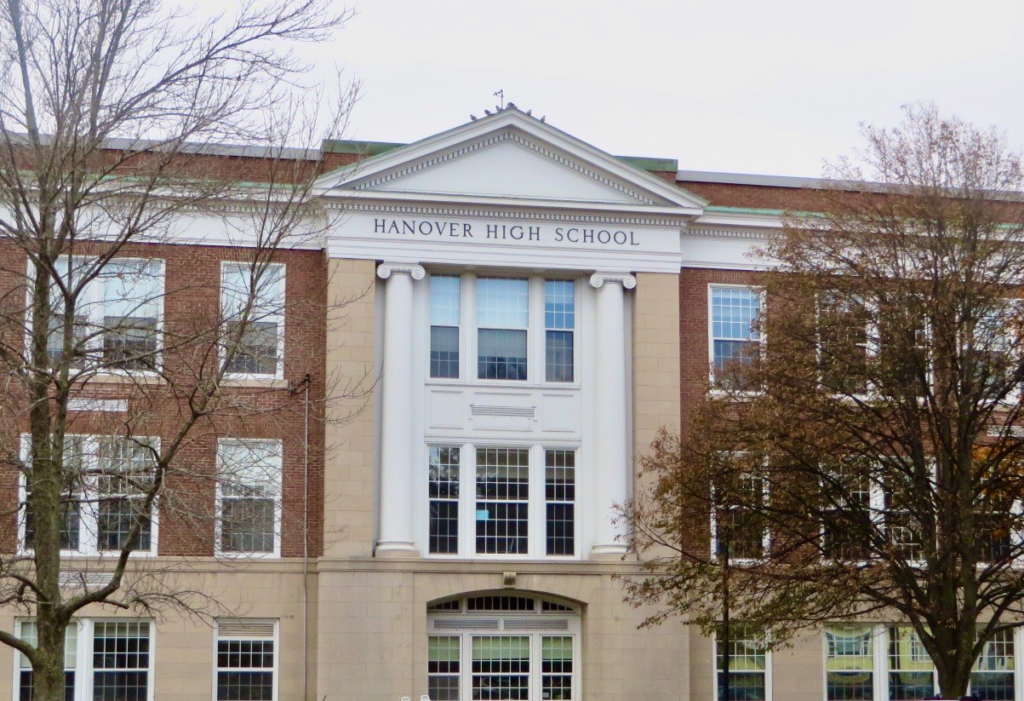
This coming Tuesday, January 23, is Primary Day in New Hampshire, and, for the Democrats, it will be a so-called “rogue primary.” Despite the DNC’s best efforts to move South Carolina to the top spot in its series of presidential primaries, New Hampshire law mandates that the state’s primary always be scheduled such that it retains its much-heralded “first-in-the-nation” status. Therefore, it was but a simple matter of adhering to this law when New Hampshire’s Secretary of State set its primary date as the 23rd, ahead of South Carolina’s.
Nonetheless, in retaliation against New Hampshire for having followed preexisting law(!)—and presumably against the state’s Democratic Party for having opposed the DNC’s schedule change—President Biden opted not to file to appear on the state’s primary ballot. For its part, the DNC barred New Hampshire from sending delegates to the party’s national convention.
This back-and-forth has put the federal and state Democratic parties in public conflict and has raised doubts among Granite Staters with whom I’ve spoken of the extent to which President Biden and other national Democratic leaders genuinely care about them. Marking a further, direct response to federal Democrats, New Hampshire legislators are even seeking—in bipartisan fashion no less—to enshrine a “first-in-the-nation” requirement in the state constitution, an enterprise that would require the passage of a ballot initiative this November.
Against this rather melodramatic political backdrop, the run-up to the primary at Dartmouth has proceeded as elections always do at the College. Dartmouth itself has provided a “student voter guide” that is excessive, almost childish, in its precise detail. It all but tells students what column to check. The College also hosted a “voting registration and education” seminar on January 8 for the benefit of those who apparently needed still further clarification. Then there have been the usual circulars, posters, and LISTSERV messages making the rounds, imploring unsuspecting passersby and weary readers of emails alike to vote and, first and foremost, to prepare to register.
In reality, there’s not much for which students need to prepare. New Hampshire has exceptionally liberal voter laws, and same-day registration is done both facilely and ad nauseum among Dartmouth students. On the day of any given election, the Hanover officials who administer the town’s voting location, Hanover High School, often post placards that instruct Dartmouth students in particular on how to register (apparently in the event they have neglected to read any of the aforesaid, grossly disseminated literature).
Rather remarkably, students from out of state are permitted to vote in New Hampshire by way of “domicility” and can do so while employing same-day registration. This means that on any given election day, Dartmouth students can travel to Hanover High School and, on their registration paperwork, simply write that their dorms are their permanent addresses—a maneuver that has been deemed perfectly legal in the Granite State.
What is now standard procedure for student voting was inaugurated in 1972 by none other than a Dartmouth student, one Frank Newburger, who attempted to register to vote at Hanover Town Hall. Town officials asked him if he planned to leave New Hampshire after graduating, to which he answered “yes”; they, in turn, refused to permit him to register. He then sued the state, and ultimately a federal judge in Concord found in his favor.
In the subsequent half century, student voting in the Granite State has remained a pressing issue. In 2021, following a lawsuit by the New Hampshire Democratic Party, the State Supreme Court struck down a Republican-spearheaded law that sought to increase voting security. The law required additional paperwork for those claiming domicility and imposed fines for procedural missteps—doubtless, then, it would have affected out-of-state student voters. The Court said the law “unreasonably burdened the right to vote” as articulated in the state constitution. Later in 2021, Republican state representative Norman Silber introduced a bill that sought specifically to prohibit students from using their dorm addresses when registering to vote, but the bill died in committee.
Rep. Silber opined that there has been a “special class” created for out-of-state students who wish to register to vote in the state. “People who go to college in New Hampshire … should vote by absentee ballot in their home states,” he continued, unless they are “bona fide permanent residents. […] It’s a matter of simple equity.” In speaking with me this past May, Governor Chris Sununu similarly criticized the “excessive amount of flexibility” that New Hampshire voting laws provide to students “who don’t even live here.”
I subscribe to the views of Rep. Silber and Gov. Sununu. Voting is indeed important, but it ought to benefit tax-paying, year-round New Hampshire residents, not cater to impulsive college students present for a few months at a time.

Be the first to comment on "Editorial: Voting in the Granite State"